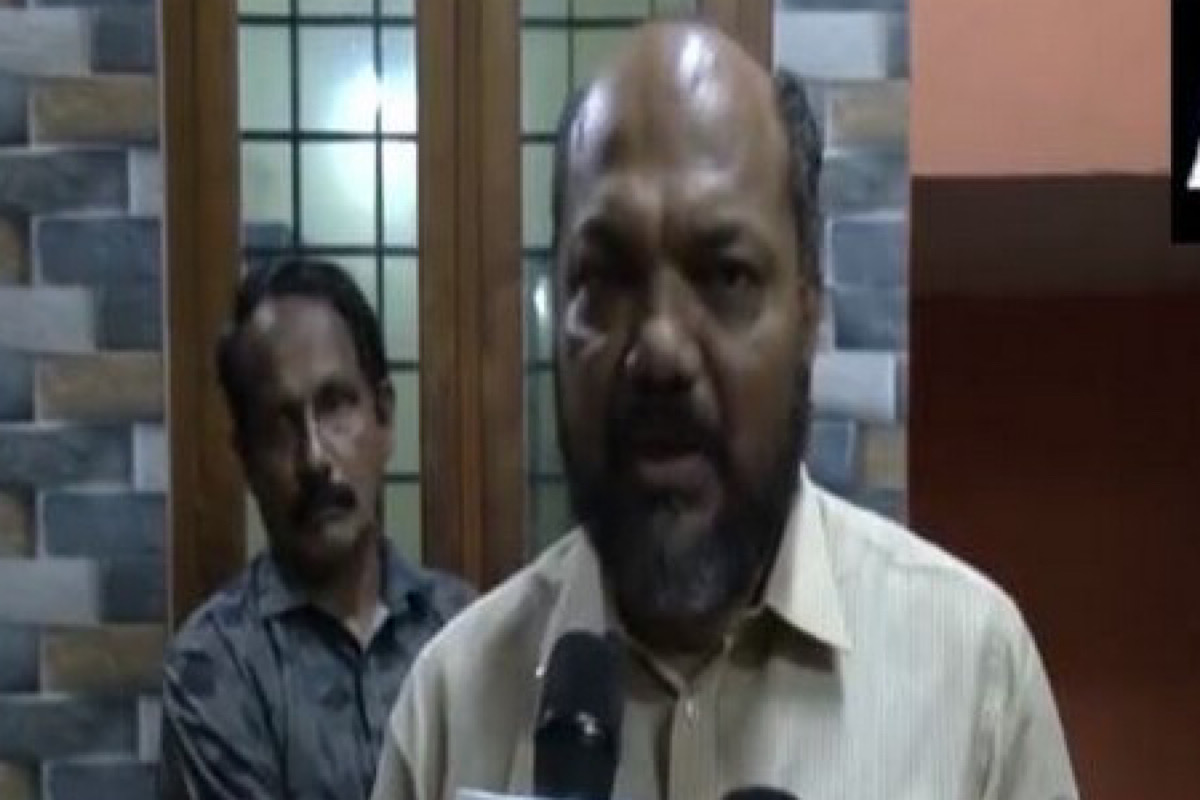India’s Got Latent: SC issues notice on YouTuber Ashish Chanchlani’s plea against FIRs
SC issues notice on YouTuber Ashish Chanchlani’s plea to quash or transfer FIR in India’s Got Latent case; tagged with Ranveer Allahabadia’s petition.
After the Kerala government moved the Supreme Court against Governor Arif Mohammed Khan for not giving his assent to Bills passed by the Assembly, state minister P Rajeev on Sunday said the former’s ‘attitude’ was against the will of the legislature.

Kerala Minister P Rajeev (Photo:ANI)
After the Kerala government moved the Supreme Court against Governor Arif Mohammed Khan for not giving his assent to Bills passed by the Assembly, state minister P Rajeev on Sunday said the former’s ‘attitude’ was against the will of the legislature.
Speaking to reporters on Sunday, Rajeev said, “The Government of Kerala has moved the Supreme Court against the attitude of the Governor (Arif Mohammed Khan), who withheld assent to Bills passed by the legislative assembly. The Governor did send some of the Bills to the President (Droupadi Murmu) but they were sent back to us without her assent. This is against the will of the legislature. Hence, we have approached the Supreme Court.”
Earlier, on Saturday, the ruling LDF in Kerala moved the Supreme Court against Governor Arif Khan’s decision not to send seven Bills for presidential assent, stating that his conduct was ‘manifestly arbitrary’.
Advertisement
In the plea, the Kerala government sought to declare the act of the Governor in reserving the seven Bills–University Laws (Amendment) (No. 2) Bill, 2021; University Laws (Amendment) Bill, 2021; the Kerala Co-operative Societies (Amendment) Bill, 2022; the University Laws (Amendment) Bill, 2022; Kerala Lok Ayukta (Amendment) Bill, 2022; The University Laws (Amendment) (No. 2) Bill, 2022; and The University Laws (Amendment) (No. 3) Bill, 2022 for the consideration of the President, as illegal and lacking in bona fides.
Advertisement
“The conduct of the Governor in keeping Bills pending for long and indefinite periods, and thereafter reserving the Bills for the consideration of the President without any reasons relatable to the Constitution is manifestly arbitrary and violates Article 14 of the Constitution. Equally, the aid and advice rendered by the Union of India to the President to withhold assent from the four bills which are wholly within the domain of the State, while disclosing no reason whatsoever, is also manifestly arbitrary and violates Article 14 of the Constitution,” the Kerala government stated in its plea.
It also called the act unconstitutional, ex-facie illegal, and in violation of the federal structure of the Constitution.
Advertisement